GrazingFutures Livestock Business Resilience — Projects
The GrazingFutures Livestock Business Resilience program funds many smaller projects, events and professional development opportunities, and technology showcases.
Advancing Beef Leaders
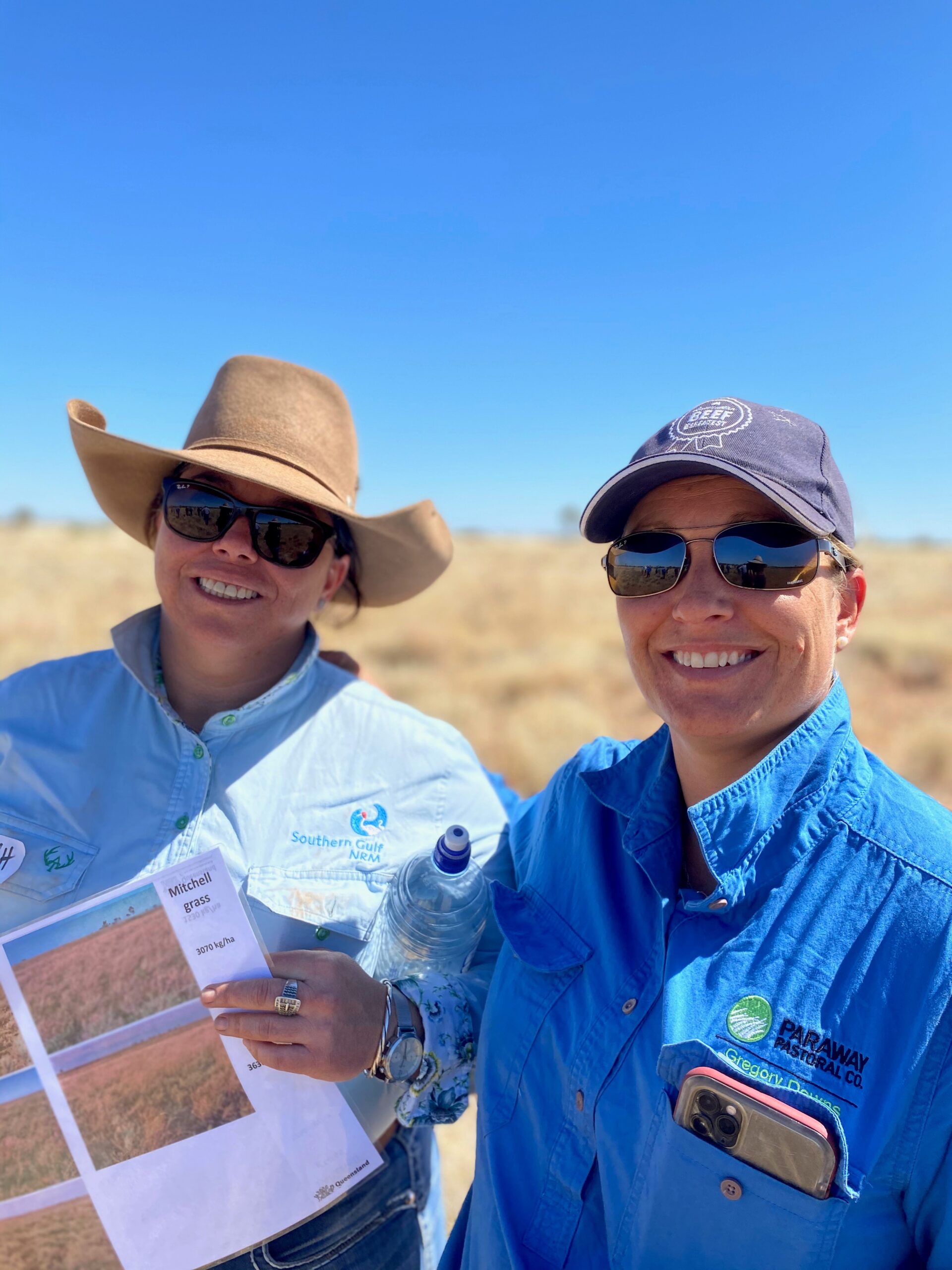 The Advancing Beef Leaders (ABL) program is a tailored leadership and professional development program for emerging producer and community leaders. Delivered by a partnership of DAF extension staff and private consultants, ABL aims to skill and enthuse those who wish to become more involved in community and industry organisations. ABL overlays relevant technical skills with appropriate self-development; encouraging participants to build stronger networks and spark the confidence needed to contribute and influence.
The Advancing Beef Leaders (ABL) program is a tailored leadership and professional development program for emerging producer and community leaders. Delivered by a partnership of DAF extension staff and private consultants, ABL aims to skill and enthuse those who wish to become more involved in community and industry organisations. ABL overlays relevant technical skills with appropriate self-development; encouraging participants to build stronger networks and spark the confidence needed to contribute and influence.
Pots of hope: Assessing pasture recovery potential through soil seed bank viability testing
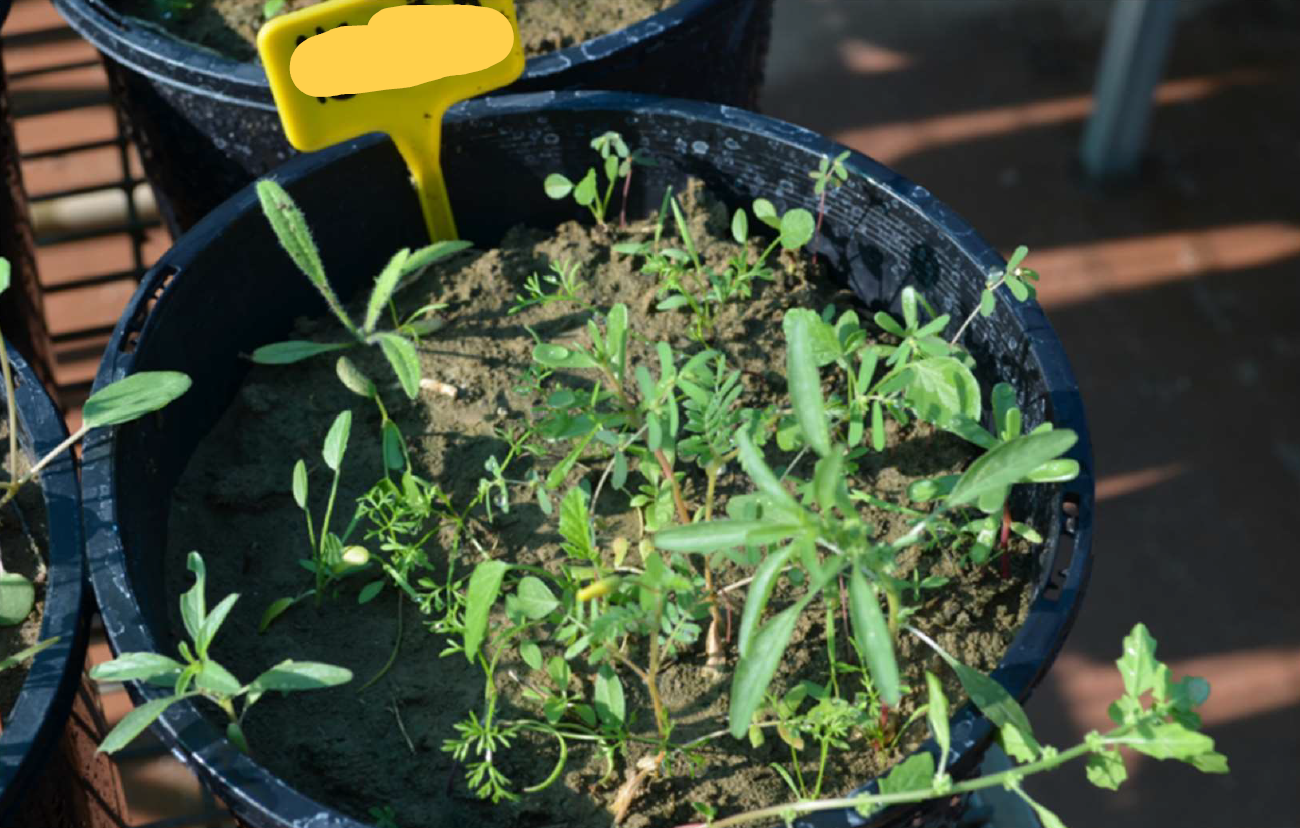 An impact of long-term dry conditions is the potentially reduced rate of pasture recovery, when growing conditions return. A common question from livestock producers across the central west region during 2020 was, “My paddocks look bare of Mitchell grass tussocks. Is there sufficient seed in the landscape to germinate when rain returns?” Soil samples from four sites across the Mitchell grass bioregion were collected. The samples were planted in 20-centimetre pots, three-quarters filled with sand and regularly watered. The DAF shade house provided a growing environment for viable seeds in the soil samples to germinate.
An impact of long-term dry conditions is the potentially reduced rate of pasture recovery, when growing conditions return. A common question from livestock producers across the central west region during 2020 was, “My paddocks look bare of Mitchell grass tussocks. Is there sufficient seed in the landscape to germinate when rain returns?” Soil samples from four sites across the Mitchell grass bioregion were collected. The samples were planted in 20-centimetre pots, three-quarters filled with sand and regularly watered. The DAF shade house provided a growing environment for viable seeds in the soil samples to germinate.
While pasture recovery is still possible with a lower density of seedlings, the rate will be much slower. Better land condition is positively linked to Mitchell grass tussock density.
Read the findings of the Pots of hope trial…
Capturing grasshopper impacts across northern and north-west Queensland following wet season rain
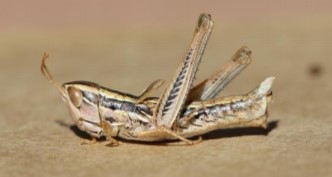 Grasshopper populations bloomed following rain in early 2020 in northern and north-west Queensland, resulting in large economic losses for pastoralists in the region. In an effort to understand the environmental circumstances that enabled such an explosion in grasshopper population, DAF GrazingFutures staff conducted a survey of 56 properties, asking questions to identify the species present, damage caused to pastures, anticipated economic loss as a result of destocking due to the decreased pasture availability, and more. Read the survey results in this GrazingFutures case study: Capturing grasshopper impacts across western and north-west Queensland following wet season rain (PDF, 2 MB).
Grasshopper populations bloomed following rain in early 2020 in northern and north-west Queensland, resulting in large economic losses for pastoralists in the region. In an effort to understand the environmental circumstances that enabled such an explosion in grasshopper population, DAF GrazingFutures staff conducted a survey of 56 properties, asking questions to identify the species present, damage caused to pastures, anticipated economic loss as a result of destocking due to the decreased pasture availability, and more. Read the survey results in this GrazingFutures case study: Capturing grasshopper impacts across western and north-west Queensland following wet season rain (PDF, 2 MB).
UPDATE! Grasshopper Survey and Update report, October 2021 (PDF, 700 KB)
Walk over weighing in western Queensland
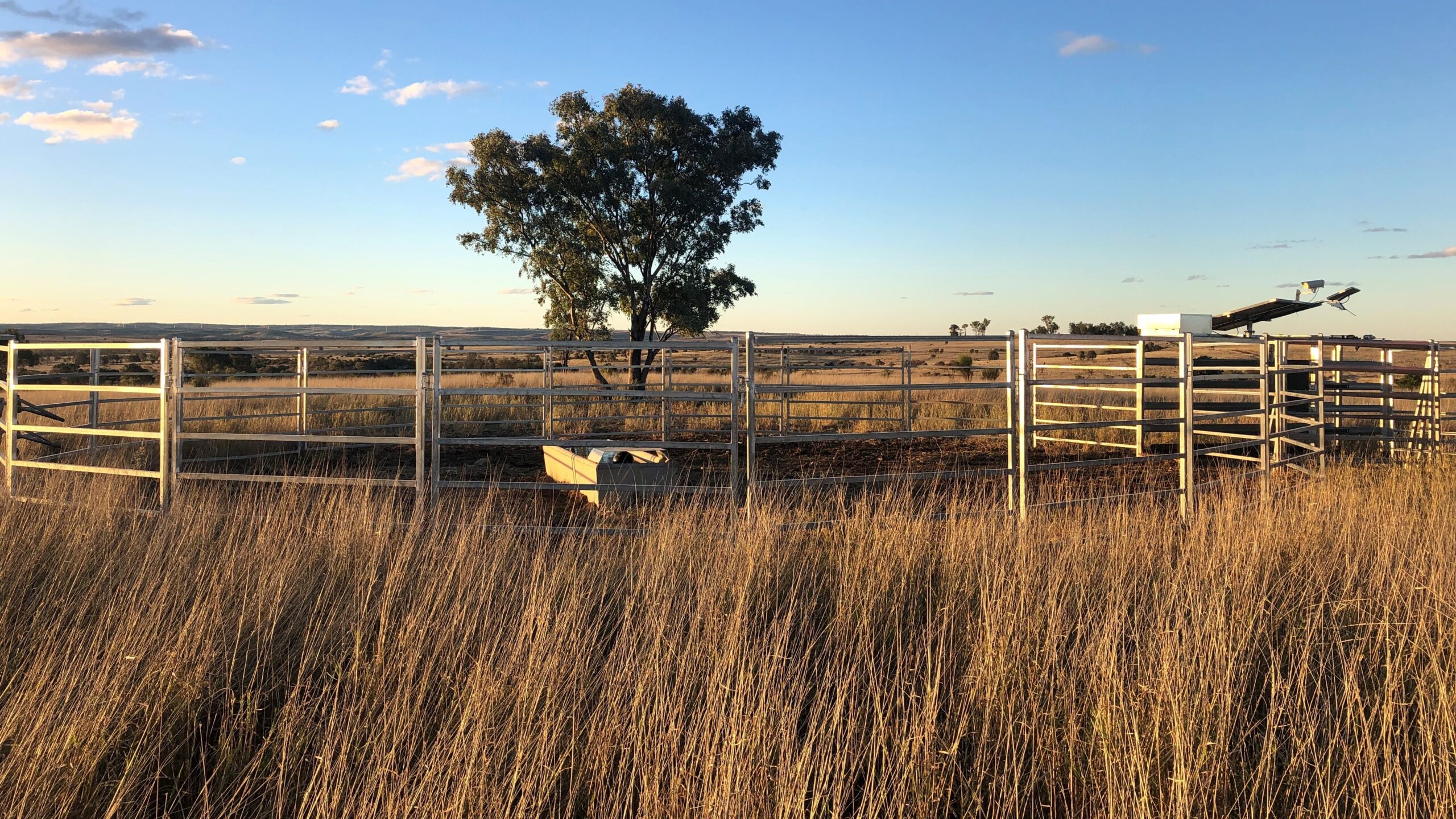 Walk over weighing (WOW) technology has been around for some time now and has seen steady on-farm adoption throughout parts of northern Queensland. However, to date, the technology is not widely used in the south-west of the state. Given the highly variable climate of western Queensland, the implications of getting real-time data offered by this technology could have big benefits such as – the potential to turn off stock sooner, conserve pasture or identify the need to supplement before visual signs of stock condition loss.
Walk over weighing (WOW) technology has been around for some time now and has seen steady on-farm adoption throughout parts of northern Queensland. However, to date, the technology is not widely used in the south-west of the state. Given the highly variable climate of western Queensland, the implications of getting real-time data offered by this technology could have big benefits such as – the potential to turn off stock sooner, conserve pasture or identify the need to supplement before visual signs of stock condition loss.
Technology highlighted at the 2020 WestTech Steer Challenge
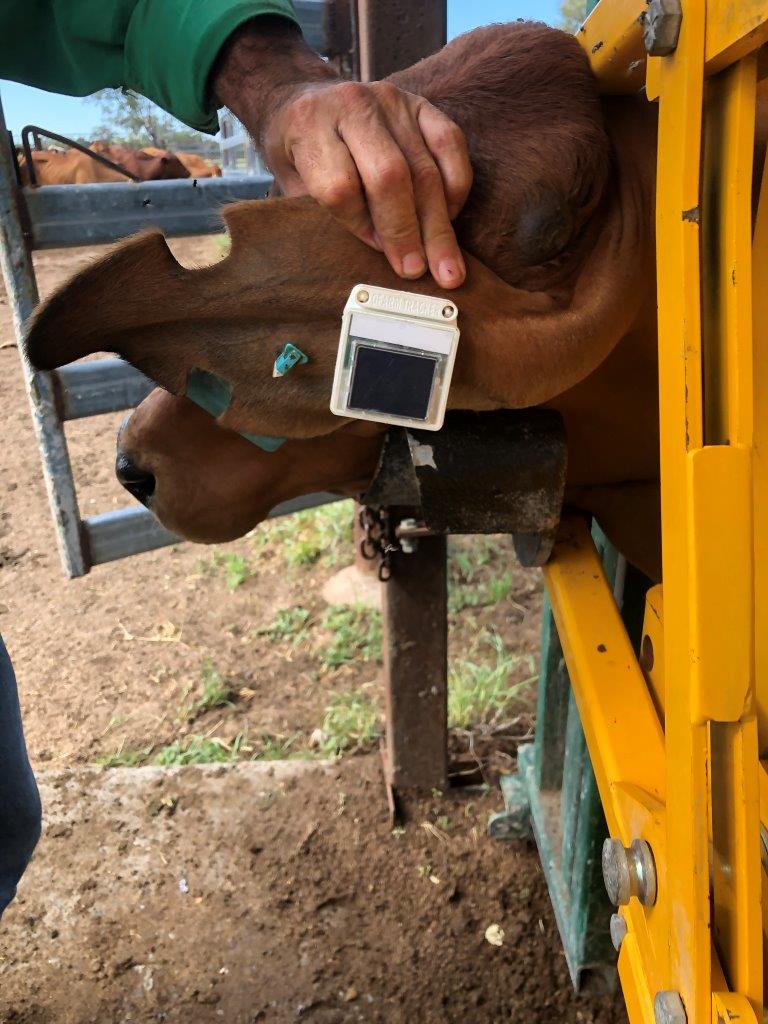 The 2020 competition will be a step above the usual steer challenge as new technologies are being used to capture data and inform decision-making. All Challenge steers will pass over a walk over weigh unit (donated by the Department of Agriculture and Fisheries) daily, while GPS tracking tags (donated by IDS G Farm) will monitor steer activity and grazing patterns. Diet quality is being measured by Normalized Difference Vegetation Index (NDVI) in conjunction with faecal NIRS (Near Infrared Reflectance Spectroscopy) analysis.
The 2020 competition will be a step above the usual steer challenge as new technologies are being used to capture data and inform decision-making. All Challenge steers will pass over a walk over weigh unit (donated by the Department of Agriculture and Fisheries) daily, while GPS tracking tags (donated by IDS G Farm) will monitor steer activity and grazing patterns. Diet quality is being measured by Normalized Difference Vegetation Index (NDVI) in conjunction with faecal NIRS (Near Infrared Reflectance Spectroscopy) analysis.
Getting a better handle on phosphorus deficiency
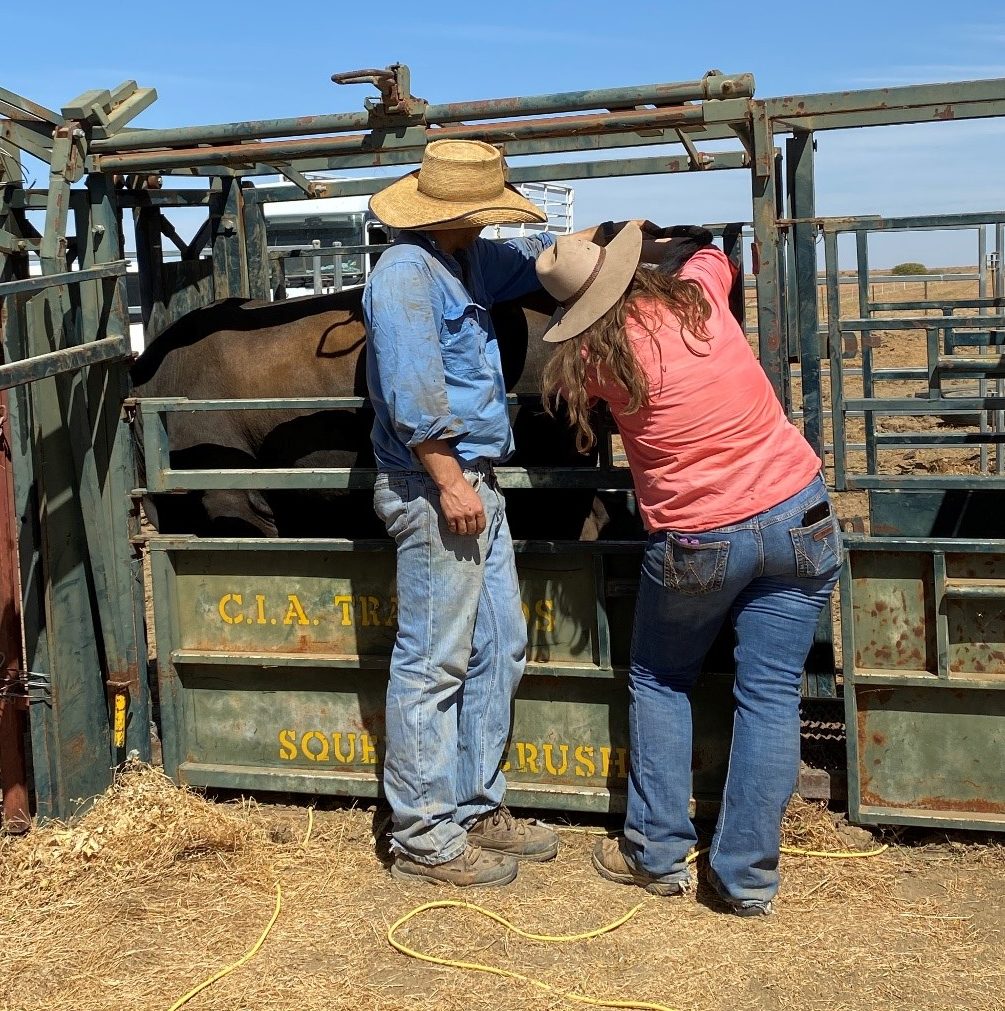 The 2020 MLA Phosphorus Challenge ran in April and May across North West Queensland to test for phosphorus (P) deficiency. Beef extension staff from the Queensland Department of Agriculture and Fisheries (DAF) collected samples across six participating properties.
The 2020 MLA Phosphorus Challenge ran in April and May across North West Queensland to test for phosphorus (P) deficiency. Beef extension staff from the Queensland Department of Agriculture and Fisheries (DAF) collected samples across six participating properties.